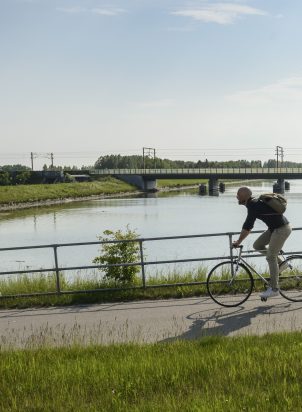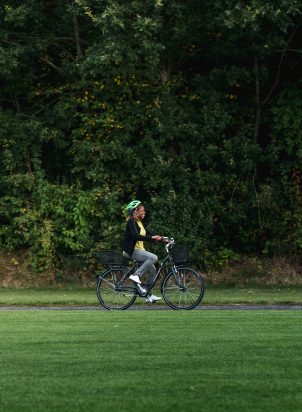Cities are increasingly understood as key locations for tackling questions related to sustainable production and consumption. Urban and transport planning are often highlighted as having the greatest potential impact on to successfully shape sustainable lifestyles and behaviour. How to plan for, not only sustainable urban areas but also sustainable lifestyles is a challenging issue which requires an integrated perspective that considers both the production and consumption of the built environment as well as innovative approaches for citizen engagement.
This policy brief highlights the possibilities when linking housing and living with mobility and transport, and the challenges of connecting city-wide strategies and local innovative projects. It primarily targets urban policymakers in the European Union concerned with the ambition of exploiting the potential of lifestyle and consumption in relation to sustainable urban development. The results and policy considerations are derived from a critical review of urban sustainable policies and assessment in eight different citiesin Austria, the Netherlands and Sweden,including Vienna and Stockholm. The review was conducted within the framework of the CASUAL project.
This Policy Brief is one of four policy briefs that was published within the JPI Urban Europe CASUAL project.








